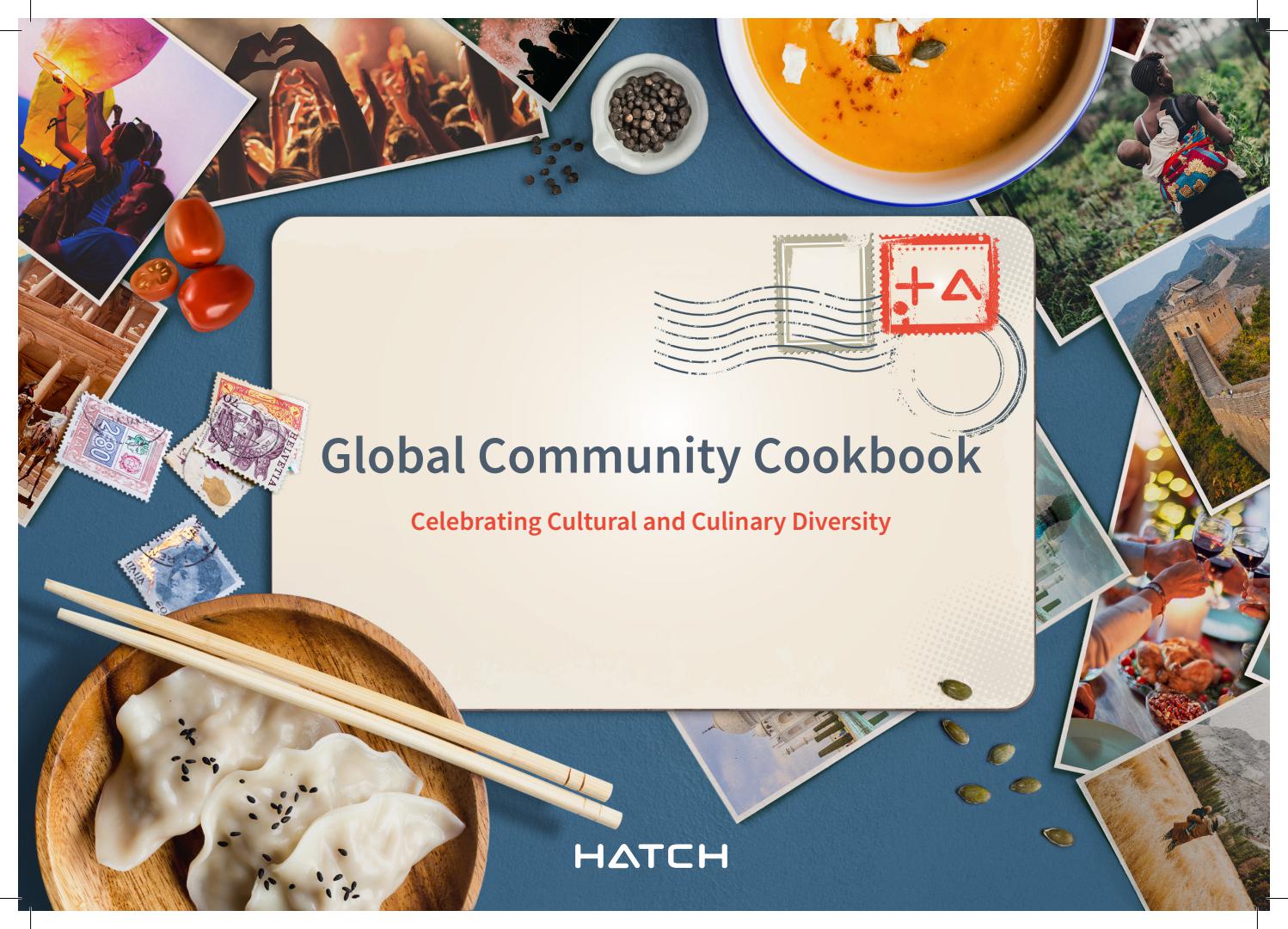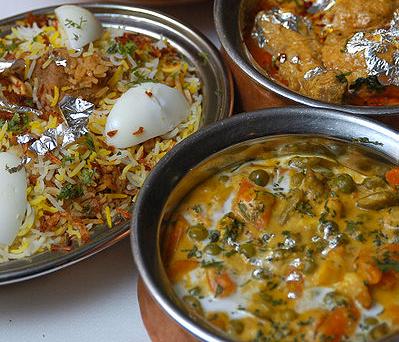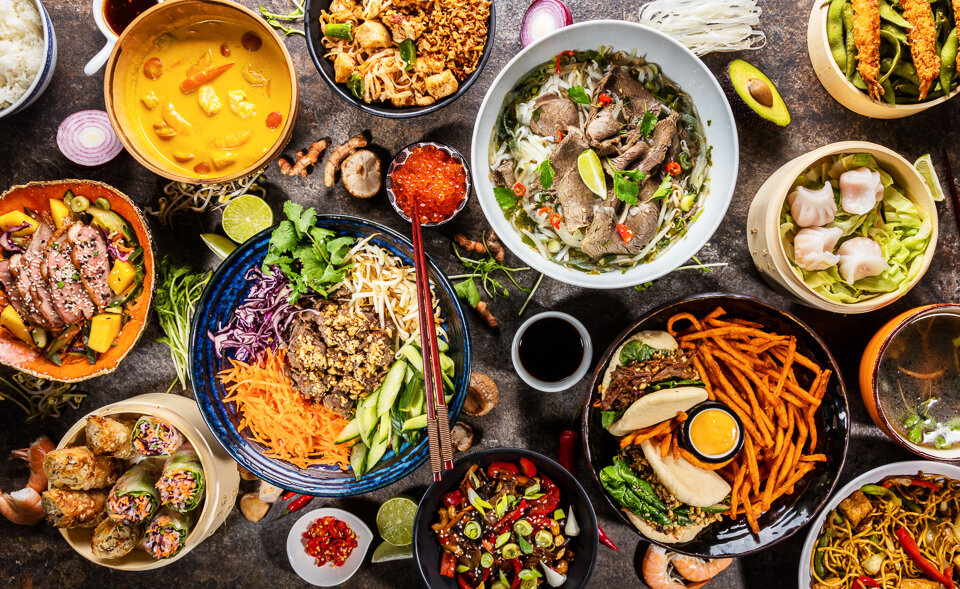Culinary traditions have evolved over time, adapting to different cultures and shifting demands. The globalization of food has led to the fusion of different cuisines from all over the globe, creating new and exciting dishes. Here is a brief overview of how global culinary traditions have developed:
Ancient Times
The earliest culinary traditions were based on simple ingredients such as grains, fruits and vegetables, and meat. Cooking methods were also simple, using fire or hot stones to cook food. The ancient Greeks and Romans are known for their culinary innovations, introducing new ingredients, flavors, and cooking techniques.
Middle Ages
The Middle Ages marked a period of great change in culinary traditions. The rise of Christianity led to new dietary rules, such as the prohibition of meat on certain days. The Crusades also brought new spices and ingredients to Europe from the Middle East and Asia, leading to the development of new dishes.
Early Modern Period
The early modern period witnessed the expansion of trade and exploration, leading to a significant exchange of food and culinary traditions across the globe. The spice trade, in particular, had a profound impact on European cuisine, leading to the widespread use of spices in cooking.
Colonialism
Colonialism was a turning point in the evolution of global culinary traditions. European colonizers introduced new crops and food staples to their colonies, such as coffee, tea, sugar, and potatoes. Colonized cultures also adapted their cuisine to suit the tastes of their colonizers, leading to the creation of new dishes such as Indian curry.
20th Century
The 20th century marks a period of rapid globalization, with food becoming a significant aspect of cultural exchange. Immigration has played a significant role in the development of global cuisine, leading to the fusion of different culinary traditions. The rise of globalization has also led to the widespread availability of international cuisine in major cities worldwide.
Conclusion
The evolution of global culinary traditions has been a long and winding journey. From simple cooking methods to complex fusion dishes, culinary traditions have adapted to changing times and cultures. While the globalization of food has brought new flavors and ingredients to our plates, it has also led to the loss of traditional cuisine and cooking methods. The challenge for chefs and foodies alike is to preserve and celebrate the diversity of culinary traditions while embracing the changes brought by globalization.











